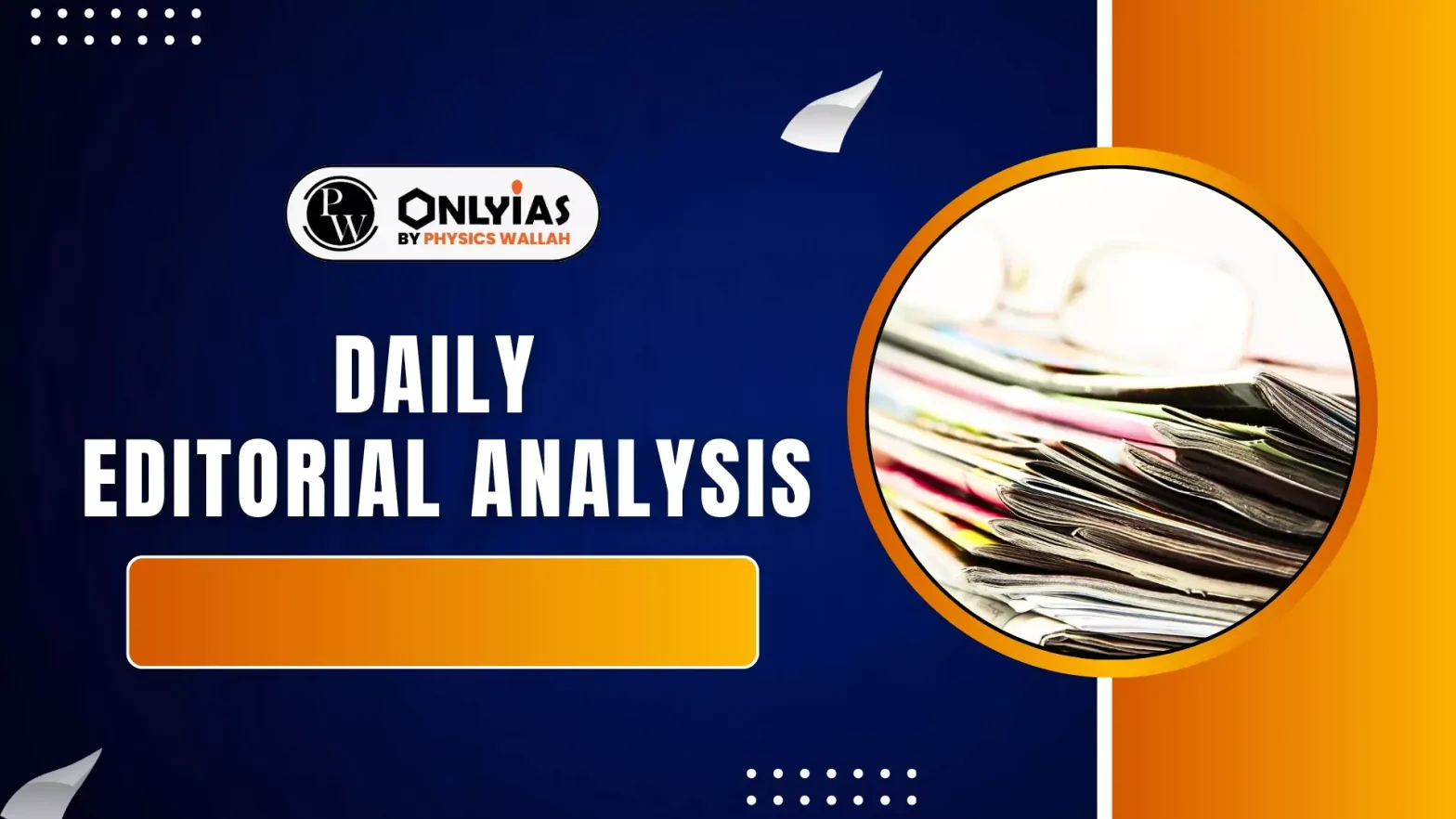Recently, the Union Home Minister, addressing the All India Speakers’ Conference, flagged frequent disruptions paralysing Parliament and Assemblies.
- His emphasis that “debate must take place in a democracy” highlights the distress in representative democracy.
Declining Parliamentary Productivity
- Repeated disruptions: Opposition protests over electoral rolls revision in Bihar caused adjournments.
- Bills without debate: In a 32-day session with 21 sittings, 15 Bills were passed, most with minimal deliberation.
- Lowest functioning: Lok Sabha worked for 29% of scheduled time, Rajya Sabha for 34% (PRS data).
- Lost time: Two-thirds of House time wasted in adjournments.
Collapse of Question Hour
- Executive accountability eroded: Only 8% of starred questions answered orally in Lok Sabha, 5% in Rajya Sabha.
- Zero answers: On 12 days in Rajya Sabha and 7 days in Lok Sabha, no questions were answered orally.
State Legislatures in Decline
- Shrinking Sittings: Assemblies met for 20 days on average in 2024, down from 28 in 2017.
- Disparities: Uttar Pradesh and Madhya Pradesh had 16 days each; Odisha (42) and Kerala (38) led in sittings.
- Same-day Passage: Over half of State Bills passed on the same day without debate.
Institutional Weaknesses
- Deputy Speaker Vacancy: Eight Assemblies lack one; Lok Sabha without Deputy Speaker since June 2019.
- Committees Weakened: Once forums for non-partisan deliberation, now vulnerable to political acrimony.
- Concentration of Power: Decision-making centralised in Prime Minister and Chief Ministers, reducing legislative autonomy.
Way Forward
- Government-Opposition engagement: Debates must be encouraged through constructive dialogue.
- Consensus-building: Start with election of an Opposition leader as Lok Sabha Deputy Speaker.
- Revive Committees: Restore committees as neutral deliberative platforms.
- Strengthen Question Hour: Ensure effective executive accountability.
- Expand sitting days: Institutionalise minimum sittings at both Parliament and State level.
Conclusion
The erosion of legislative debate weakens democracy and accountability. Reviving it requires constitutional morality, respect for Opposition voices, and stronger deliberation to restore trust and institutional balance.
![]() 26 Aug 2025
26 Aug 2025
